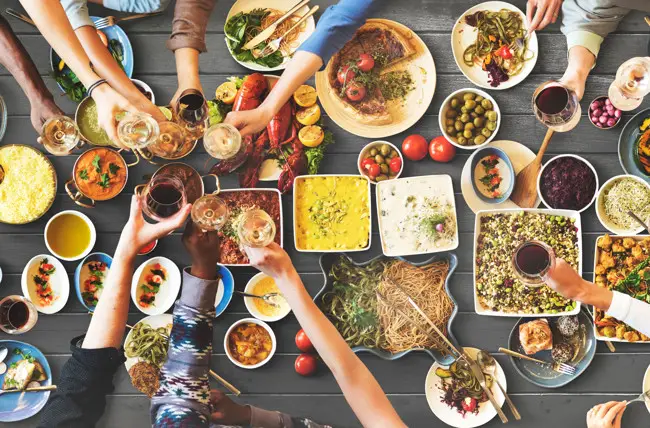I think it’s a conspiracy.
Just when my 8-year-old started to eat spinach, the tender, baby leaves that come in bags, it was pulled off the shelves by the E. coli scare. Chocolate chip cookies and ice cream never lead to potentially fatal bacterial infections, but somehow salad is the demon.

Now, it wasn’t like she craved spinach so much that she begged us to please, please, please let her have some — and, in fact, we have continued to buy the filthy, attached root spinach sold in bunches — but that bagged spinach, all prepped and ready to go, was so easy. The “triple-washed” claim never fooled me — I always still washed my salad — but for my husband, for whom triple-washed was at least two times too many, the clean appearance of the greens meant he served it right from the bag.
I’ve been down this road with sprouts and unpasteurized juices — I still avoid them — but the pulling of all bagged spinach from grocery shelves seemed a bit extreme, especially since many of us thought washing and cooking would eliminate any chance of bacterial contamination. But apparently this spinach is literally rotten to the core; the source of contamination has still not been identified, but it may be from cow manure in the groundwater.
As a vegetarian, I’ve often felt smug when I hear about illnesses caused by poultry or hamburgers; what do you expect when you eat meat? But it turns out that mega-farms cause mega-problems, and even if you avoid animal products like gelatin, you can still become sick if the farm next door is not vigilant about cleanliness.
I think the scale of this recent E. coli outbreak has people scared; spinach grown in California is shipped all over the country and can get into the national food supply. If we all followed the manta ‘eat local’, we would not have such wide-scale problems; nor would we have raspberries in winter, or asparagus year-round, however. But maybe we should not expect cheap food that is available with no regard to seasons. Fast food hamburgers may be inexpensive, but they exact a toll on the land, a toll that none of us should be willing to pay. I’m happy to find that carrots are only 59 cents a bag, but if they are grown in fertilizer that pollutes the groundwater, sickens the farm workers and uses excess water to irrigate, the global cost is too high.
I belong to a food coop, where new products are voted in by members; there was a rancorous debate when meat was considered, and eventually organic and free-range meat and poultry where added. Since we don’t have a car, we order ‘big ticket’ items from Fresh Direct, but I’ve had friends tell me they won’t order from Fresh Direct because the food is delivered in trucks. I wonder, do they think the food comes to the supermarket by horse and buggy?
The spinach scare may serve as a wake-up call, getting people to more carefully consider their food’s provenance. You might want to think about joining a CSA (community supported agriculture farm), where you buy shares in a farm, as well as





















